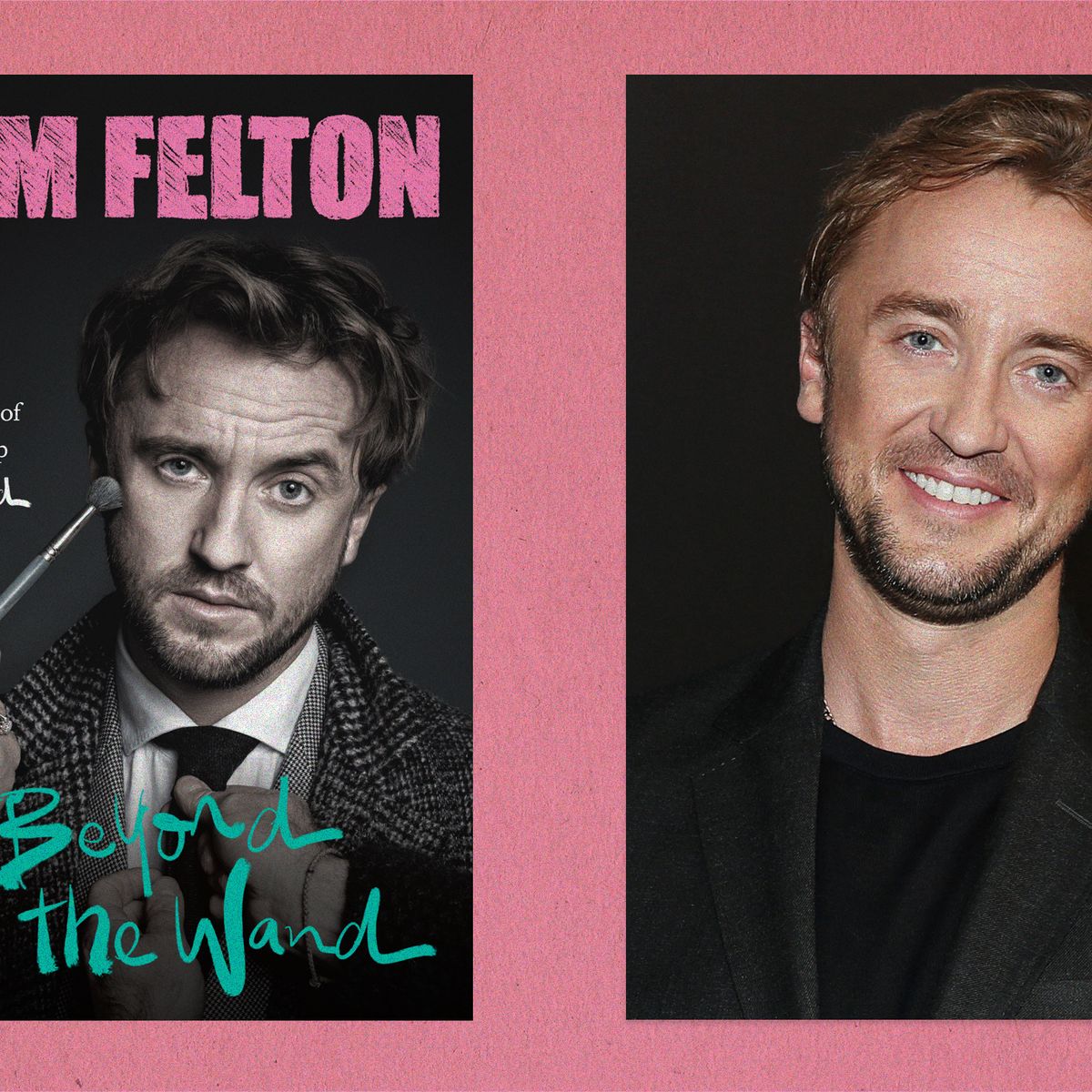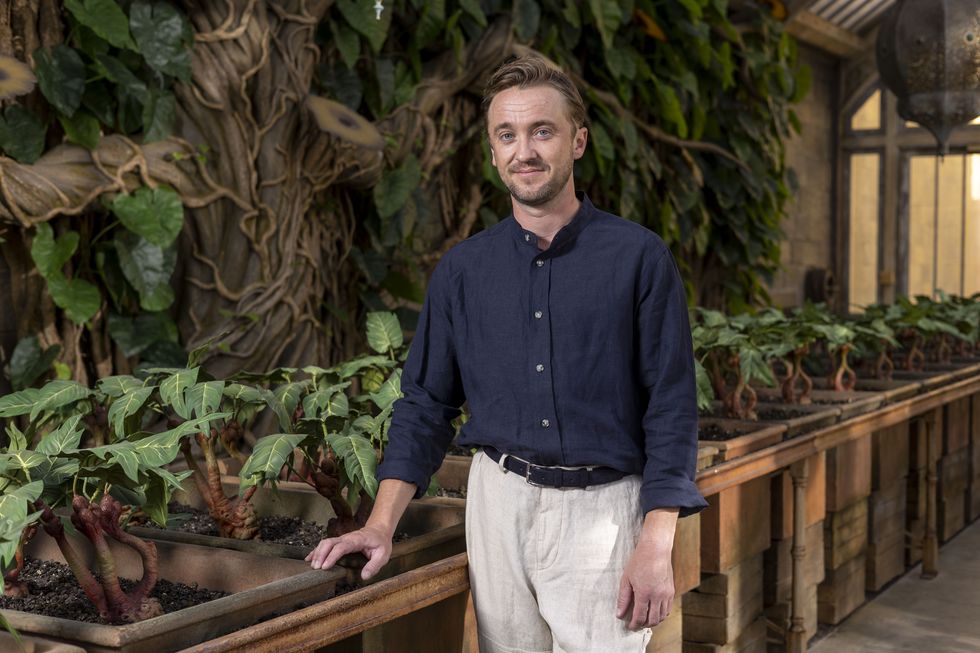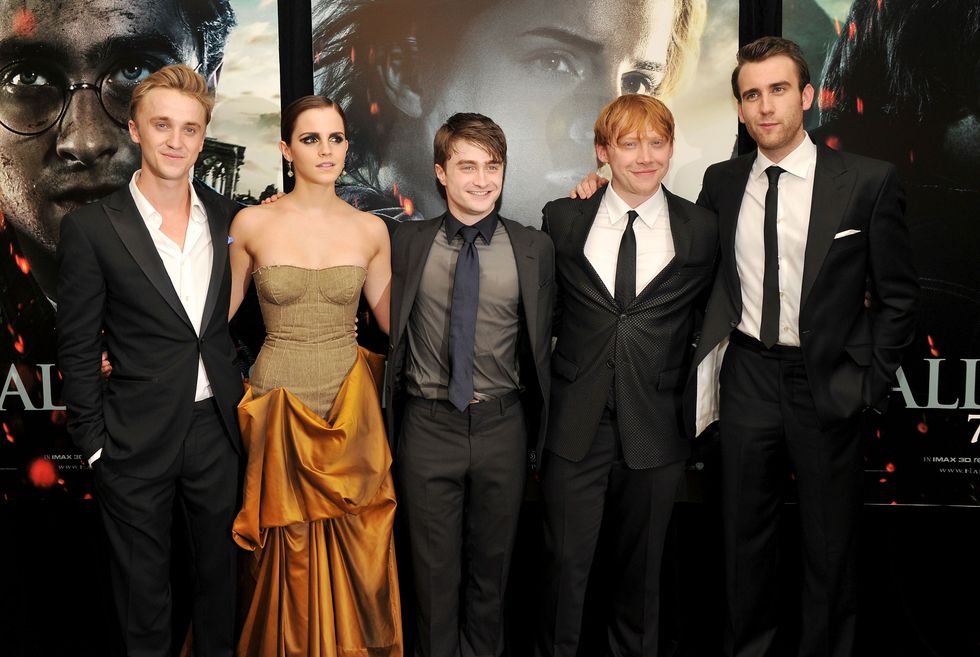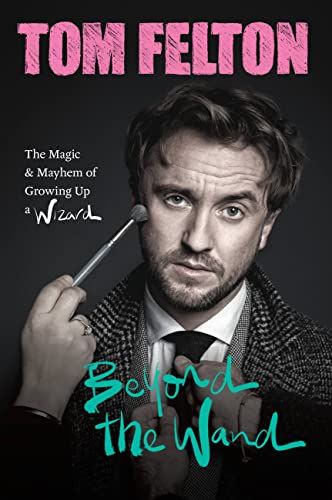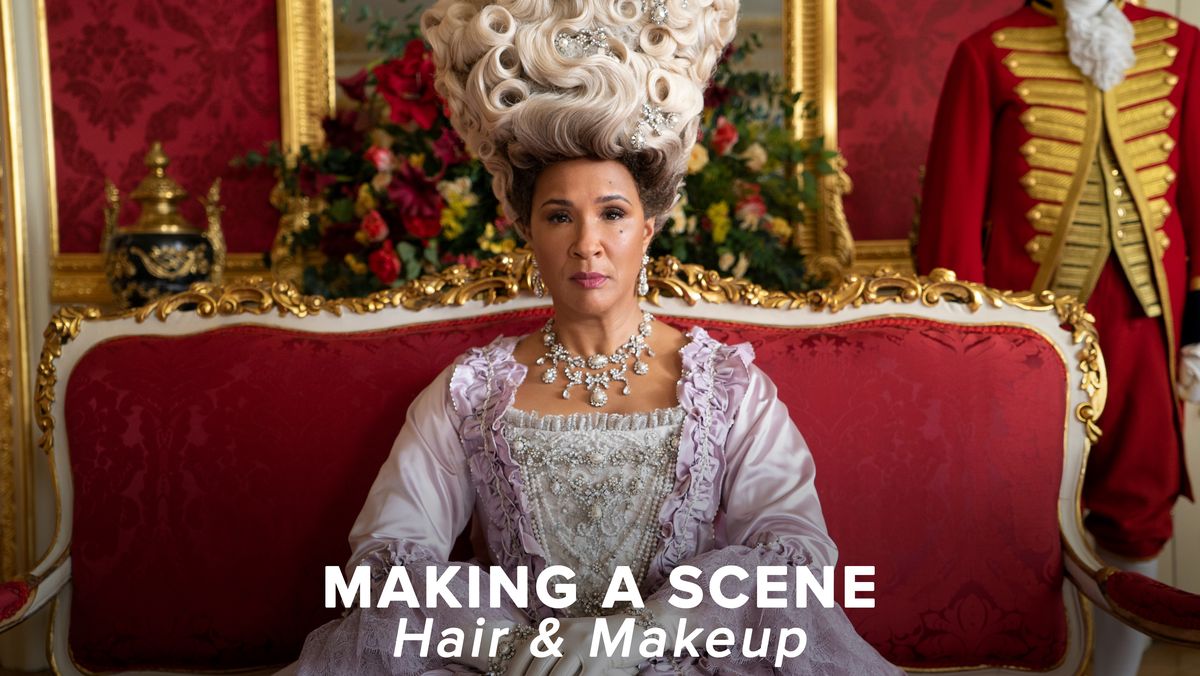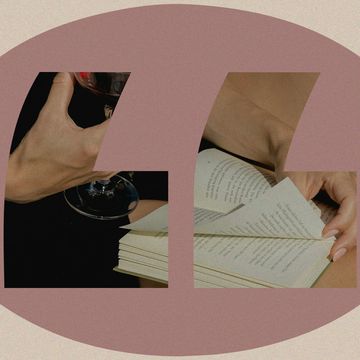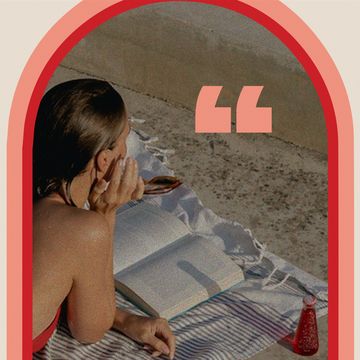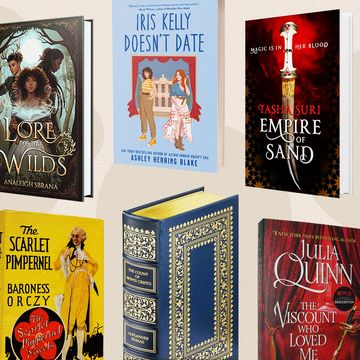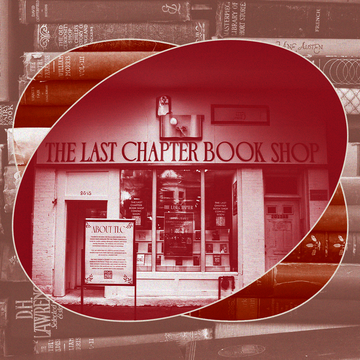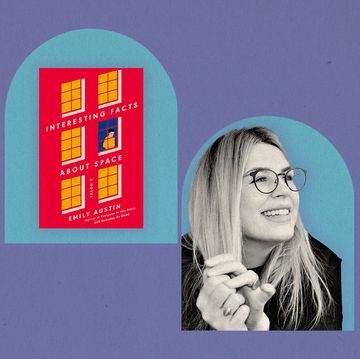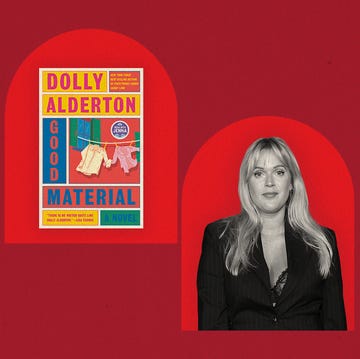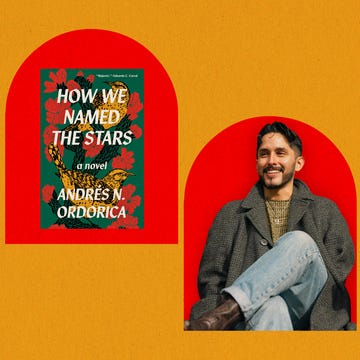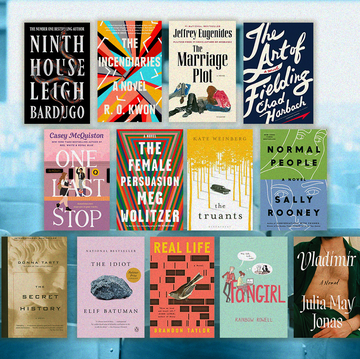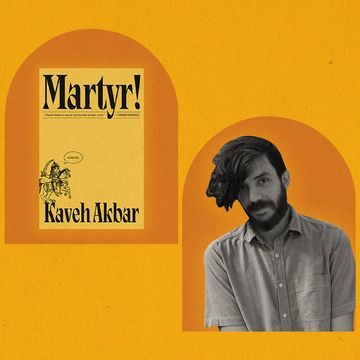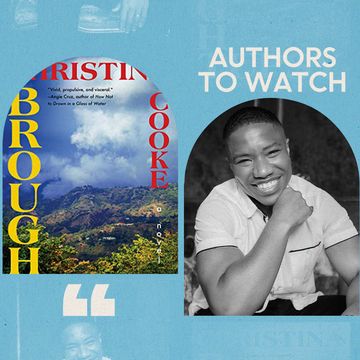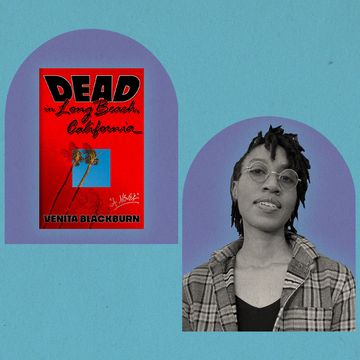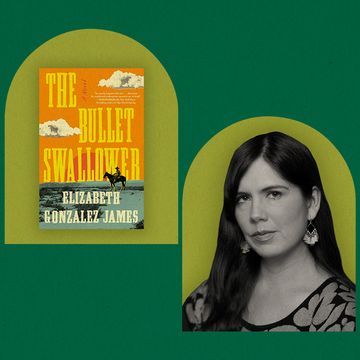It’s difficult to imagine a young actor not being overjoyed at the prospect of appearing in a film based on one of the biggest book series in the world. Yet, as Tom Felton shares in his new memoir, Beyond the Wand: The Magic and Mayhem of Growing Up a Wizard, his reaction to the audition for Harry Potter and the Sorcerer’s Stone was less than exuberant.
“I approached it with my usual lack of overt enthusiasm,” he writes in the book. “Whereas all the other kids were wildly excited about the prospect of being in a film, and clearly knew the book inside out, I was the complete opposite.” Evidently, this nonchalant attitude made an impact on the filmmakers, who cast Felton in the role of Draco Malfoy, the series’ cunning antagonist and rival of Harry Potter.
The memoir provides a behind-the-scenes look into Felton’s life before, during, and after the Potter films. He writes openly of his struggles with addiction and depression and says that while he found the act of writing about his experiences to be cathartic, he never expected anyone else to read about them. “I never wrote any of it, especially the hardest stuff, thinking that someone’s going to read it,” he tells Shondaland. “I did my first interview a few days ago, and someone talked about some of the struggles that I’ve been through, and I immediately was like, ‘How do you know that?!’ ‘You wrote it down in a book, Tom …’”
Felton recently spoke with Shondaland about his Harry Potter castmates, his advice to young actors, and the mental health benefits of volunteering.
SANDRA EBEJER: I have a son who has been obsessed with Harry Potter for a few years, so it was fun to read the behind-the-scenes stories in your book. What made you decide to write this book now?
TOM FELTON: It had never really been a book that I intended to do. I’m a bit of a writer, I always have been, and this is the culmination of years of scribbling down bits and pieces of notes. I’ve been lucky enough to do loads of comic-con experiences around the world where [there are] Q&As, and seemingly normal stories to me are actually quite interesting to some people. So, I go to these Q&As and then come back to a hotel room or wherever, and I just keep thinking about all the details, mostly because I don’t want to forget them. Hotels always have a pencil and [paper] next to the bed, so I furiously scribble [details] down. Emma Watson was one of the first people to read a handful of these scribbled notes, and she was very encouraging to say, “Tell the full story, not just the comic-con answers. Go deeper.” So, that’s where it started. I still can’t believe that it’s here, and there actually is a book. I’m a bit giddy about it, to be honest.
SE: You’ve done so many other roles in film, TV, and theater. Does it frustrate you that Draco Malfoy is the role you’re most associated with?
TF: I’m very happy with it. Not only do I look a little bit different from Draco because of the hair color and more sun in the skin, it’s also a character that is so against Tom. I’ve got three older brothers; Draco was an only child. My parents are really lovely with great senses of humor; Draco’s parents were the opposite. So [I enjoy] being known for playing something that is so vastly different from me as a person. It’s a lot more fun to play people that are so far away from you. Early on when I first did U.S. press — this must’ve been for Harry Potter and the Prisoner of Azkaban — someone said, “How are you ever going to shake the burden of being known as Draco Malfoy for the rest of your life?” It wasn’t a burden then, and it hasn’t been since.
SE: The hair-bleaching process you describe in the book sounds horrible, by the way.
TF: I know! I’m lucky to have any left [laughs]. It was more tedious than it was painful. You’ve got to keep the roots touched up. If they get too long, it’s a nightmare. Lots of times, I was brought in to the studio even when I wasn’t filming, just to get my hair done. What do they call it? Occupational hazard.
SE: I’d like to ask about a couple of your Harry Potter castmates. Emma Watson wrote the foreword to your book, and you write about her quite a bit. Can you share how your friendship evolved over the years and what it’s meant to you?
TF: We quite famously got off on not the best of starts. I was a cocky, little 12-year-old with three older brothers, and she was a very bright-eyed, young first-timer. She asked me what the boom and microphone was for [at the audition]. I sort of snubbed her off, thinking, “Pfft. That’s dumb. It’s a bloody microphone. What do you think it is?” Which maybe helped get me the part. It was something that was very Draco. But we’ve grown up together. We’ve always understood each other. It’s not in the Draco/Hermione fantasy way that some people expect it to be or want it to be, but we’ve always had nothing but love for each other. And like I said, she was very encouraging. She planted the seed of the idea of sharing these stories, [thinking] it might be not just entertainment, but hopefully bring a new dialogue to mental health issues. So, I’ve got nothing but thanks for her.
SE: You also write that of all the people you were surrounded by during the years on the films, it’s Daniel Radcliffe you learned from the most. What did you learn from him?
TF: He’s got a fantastic sense of humor but [is also] endlessly kind and patient. No matter how many times I’ve seen that man be stopped and asked for X, Y, and zed, I’ve never seen him lose his cool. I can only imagine how much more Herculean the weight is on his shoulders than anyone else’s. So, I’ve always admired that. But mostly, it was a hint of envy because he was a bloody good actor, and he got really good quickly. He learned a lot from everyone around us. I think the overall message is that everything trickles down from the top. If No. 1 on the film doesn’t care about it and is a bit lazy, then everyone else gets to relax. Although it was always calm and friendly, he really treated every day like it was important. I learned a lot from his work ethic. I’ve never seen that man half-ass anything. That’s a good quality to have.
SE: You seemed to struggle with fame after the Harry Potter films ended and you were living in Los Angeles. Have you found a way to balance your personal life, your mental health, and your acting career in a healthier way?
TF: It changes by the day, to be honest with you. I think the moment you claim, “I’ve got it figured out now,” it’s like, well, that’s not a good sign. It wasn’t so much Los Angeles or the trappings of fame that were steering me in the wrong direction; I think it was more a case of reminding yourself what makes you personally happy. You know, walking my dog, jumping in the ocean, playing the ukulele, and [not] trying to please everyone, which can get really exhausting. Just try to please yourself; be selfish, in a nice way of the word, if that makes sense. Not be selfish as in “do what makes you look taller around others,” but be selfish in the sense of actually helping people and having time for other people. It makes you feel quite good about yourself.
SE: Speaking of helping people, I liked what you wrote about volunteering in Venice, California, and the positive impact that had on you. I feel like that’s not something we hear about much from celebrities, particularly as it relates to mental health and addiction. How did that experience help you? Do you still volunteer?
TF: I think the biggest mental health tool for me was caring about someone else. When you’re at your darkest or when you’re at your worst, you find it very, very difficult to empathize and care about others because you’re so wrapped up in your own cyclone. So, the moment that was introduced to me, it was instant. There are lots of things with mental health — well, just life in general — that take lots of work and lots of practice. Meditation, for example: You can’t just click into it; it’s something that you work at. Whereas volunteering just an hour or two a week, doing a very, very simple task, was hugely rewarding.
Venice Beach can be an intimidating place. There’s lots of homeless or artists that choose to live in a certain way, and it could be considered quite frightening. [Volunteering] completely took the veil off of that, because I was offering them something. Literally, it was just a burrito and a bottle of water; it wasn’t like we were changing lives. But doing that gave me a tool that helped me. So, whenever I’m in L.A., I always have that as part of my schedule.
SE: As a former child star, do you have any advice for young actors?
TF: Do it because you love it. I know people who are like, “I really love the idea of being a writer.” They love the idea of being [something], but they don’t actually do it. If you’re waiting for someone to say you’re good at it, then you’re probably in the wrong game. One of the big advantages of doing it from such an early age is that you can’t take anything that seriously when you’re 10 years old because you’re slightly naive. So, every time I go on to a new set or a new scenario, I just try to remind myself to be that 10-year-old and be playful and make everyone else feel comfortable. My dad gave me a great quality, which is buffoonery; the moment that you can make a buffoon out of yourself, it relaxes everyone else’s energy, and then in turn, the acting or the quality of the scene gets better because people aren’t quite so worried. So, stay playful, stay young, have fun.
Sandra Ebejer is a New York-based writer who has contributed to The Boston Globe, The Washington Post, Greatist, Flood Magazine, and The Girlfriend from AARP. Find her on Twitter @sebejer.
Get Shondaland directly in your inbox: SUBSCRIBE TODAY
